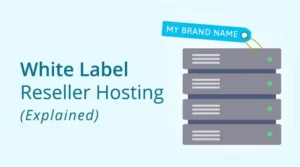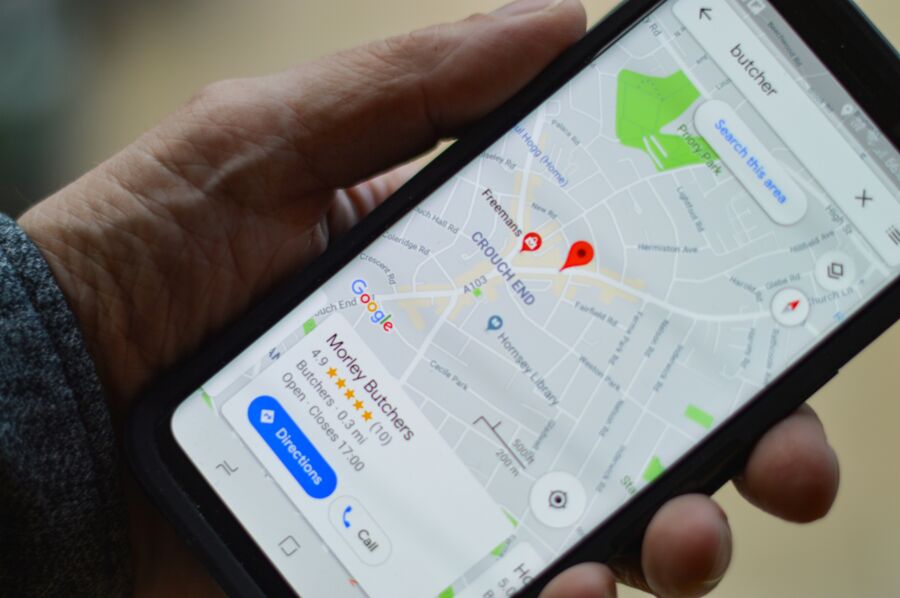In today’s digital age, having a strong online presence is crucial for the success of small businesses. With the right web promotion strategies, small businesses can effectively attract customers and compete with larger competitors. In this article, we will explore how technology can be utilized to promote your business and drive customer engagement.
1. Develop a User-Friendly Website
A user-friendly website is the foundation of any successful web promotion strategy. Ensure that your website is visually appealing, easy to navigate, and loads quickly. Optimize it for mobile devices as well, as more and more people are accessing the internet through their smartphones and tablets.
Make sure that your website clearly communicates your brand message and offers relevant information about your products or services. Include a call-to-action on each page to encourage visitors to take the desired action, such as making a purchase or contacting you for more information.
2. Implement Search Engine Optimization (SEO)
SEO is a crucial component of web promotion, as it helps your website rank higher in search engine results. Conduct keyword research to identify the terms and phrases that your target audience is using to search for products or services similar to yours.
Optimize your website’s content, meta tags, and headings with relevant keywords to improve your organic search visibility. Create high-quality, informative content that provides value to your audience and encourages them to share it on social media or link back to your website.
3. Leverage Social Media Marketing
Social media platforms offer a cost-effective way to promote your business and engage with your target audience. Identify the social media platforms that your target audience is most active on and create a presence there.
Regularly post engaging content, such as articles, videos, or infographics, that is relevant to your audience. Encourage social media users to share your content by including social sharing buttons on your website and blog posts.
Engage with your audience by responding to comments and messages promptly. Run targeted advertising campaigns on social media platforms to reach a wider audience and drive traffic to your website.
4. Utilize Email Marketing
Email marketing is a powerful tool for nurturing customer relationships and driving repeat business. Collect email addresses from your website visitors and customers, and send them regular newsletters or promotional emails.
Personalize your emails based on the recipient’s preferences and past interactions with your business. Include compelling calls-to-action that encourage recipients to take advantage of exclusive offers or discounts.
5. Invest in Pay-Per-Click (PPC) Advertising
PPC advertising allows you to display ads on search engine results pages or other websites and pay only when someone clicks on your ad. This can be an effective way to quickly drive targeted traffic to your website.
Research keywords relevant to your business and create compelling ad copy that entices users to click. Monitor and optimize your PPC campaigns regularly to ensure you are getting the best return on your investment.
6. Implement Live Chat Support
Offering live chat support on your website can improve customer satisfaction and increase conversions. Customers can get instant answers to their questions, which can help them make purchase decisions more confidently.
Train your live chat agents to provide excellent customer service and resolve issues quickly. Use chatbots to handle common inquiries and provide 24/7 support to your customers.
7. Monitor and Analyze Your Results
Regularly monitor and analyze your web promotion efforts to determine what strategies are working and what needs improvement. Use web analytics tools to track website traffic, conversions, and user behavior.
Make data-driven decisions to optimize your web promotion strategies and allocate your resources effectively. Experiment with different approaches and adapt your strategies based on the insights you gather from the data.
In conclusion, small businesses can effectively promote their products and services online by utilizing technology and implementing the right strategies. By developing a user-friendly website, implementing SEO, leveraging social media, utilizing email marketing, investing in PPC advertising, implementing live chat support, and monitoring and analyzing results, small businesses can attract customers and compete in the digital marketplace.
















